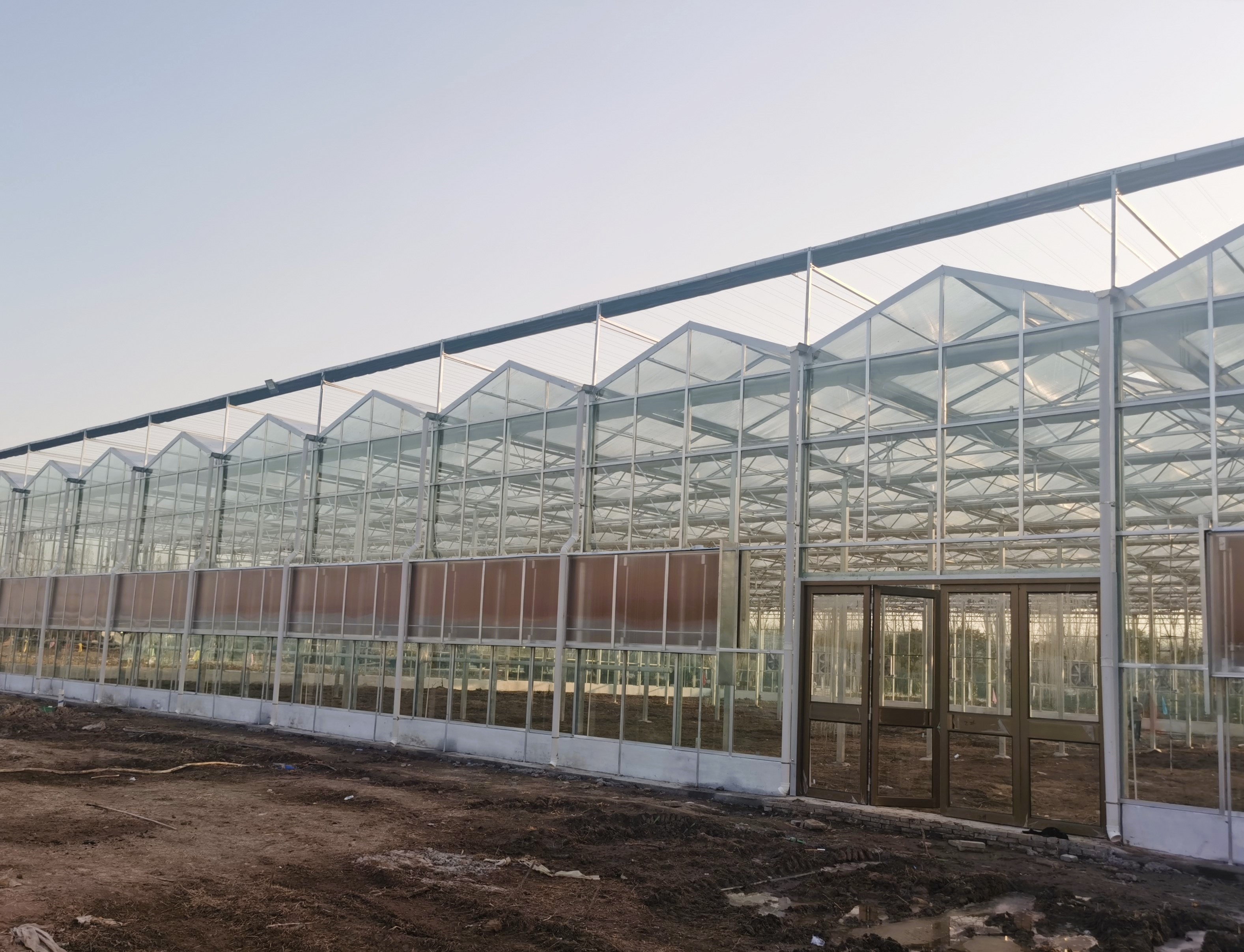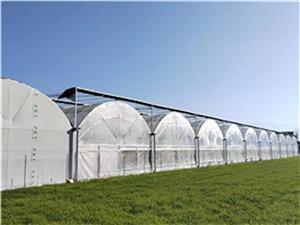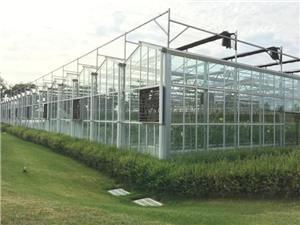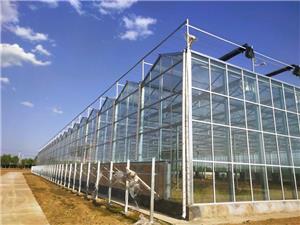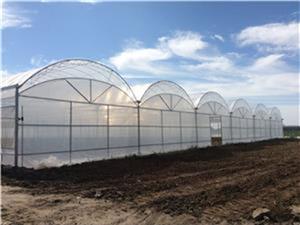The benefits of glass greenhouses for scientific research
Glass greenhouses have become a valuable tool in the field of research, especially in botany, agriculture, and environmental science. The unique properties of glass, such as its transparency and durability, make it an ideal material for creating controlled environments, which can significantly influence the results of various experiments. One of the main advantages of glass is
Glass greenhouses have become indispensable tools in the field of research, especially in botany, agriculture, and environmental science. The unique properties of glass, such as transparency and durability, make it an ideal material for creating controlled environments, which can significantly influence the results of various experiments.
One of the main advantages of glass greenhouses in research is their ability to maximize sunlight absorption while protecting plants from external factors. This characteristic is crucial for researchers who aim to study the impact of light on plant growth and development. By controlling the light conditions in the glass greenhouse, scientists can conduct experiments to optimize photosynthesis, study the effects of different wavelengths of light, and explore the responses of plants to different light intensities.
In addition to light management, glass greenhouses also have excellent insulation properties. This characteristic enables researchers to maintain stable temperatures, which is crucial for research that requires specific climatic conditions. By combining heating and cooling systems with the natural insulation properties of the greenhouse, scientists can create the best environment for plant cultivation, pest control, and soil behavior research.
Another significant advantage of glass greenhouses is their ability to facilitate controlled experiments. Compared to traditional outdoor environments, researchers can more effectively manipulate environmental variables such as humidity, temperature, and ventilation in the glass structure. This control allows for a more accurate analysis of how different factors affect plant biology and ecosystem dynamics. For example, scientists can explore the impact of increased carbon dioxide concentration on plant growth in the glass greenhouse, providing references for future agricultural practices and climate change adaptation.
Furthermore, glass greenhouses are typically equipped with advanced technologies, such as automatic climate control systems and sensors that monitor environmental conditions. These technologies can collect data in real time, enabling researchers to track the progress of experiments and adjust experimental conditions as needed. This precision is crucial for obtaining reliable and reproducible results, which is the cornerstone of scientific research.
Another notable aspect is that glass greenhouses can serve as educational platforms for students and researchers. Through hands-on experiments in glass greenhouses, students can gain a deeper understanding of plant biology, ecology, and sustainability practices. This experiential learning environment promotes inquiry and innovation, encouraging the next generation of scientists to explore new research avenues.
In summary, glass greenhouses are crucial for scientific research, providing controlled environments that facilitate studies on plant growth, environmental interactions, and ecological research. Glass greenhouses have transparency, insulation properties, and advanced technologies, making them the preferred choice for researchers dedicated to pushing the boundaries of knowledge in various scientific fields. Investing in glass greenhouses allows researchers to unlock new possibilities for exploration and discovery.